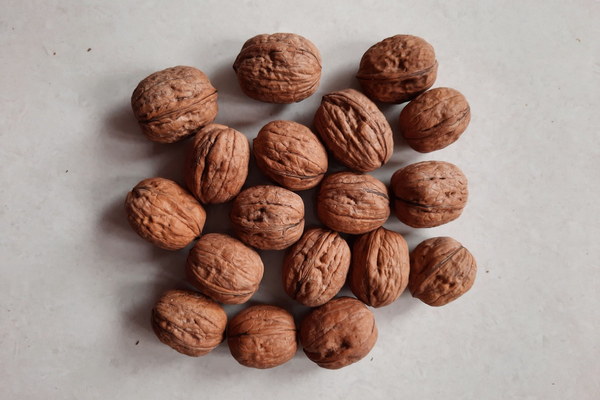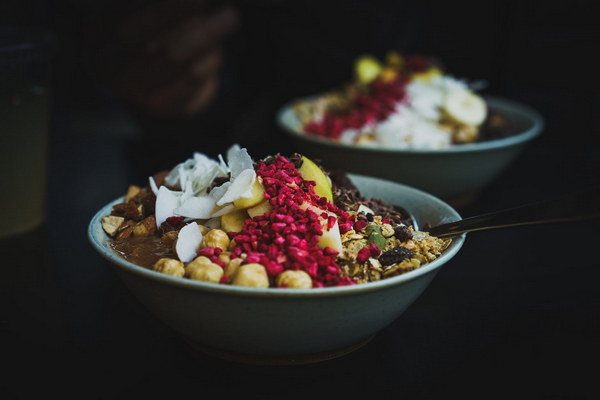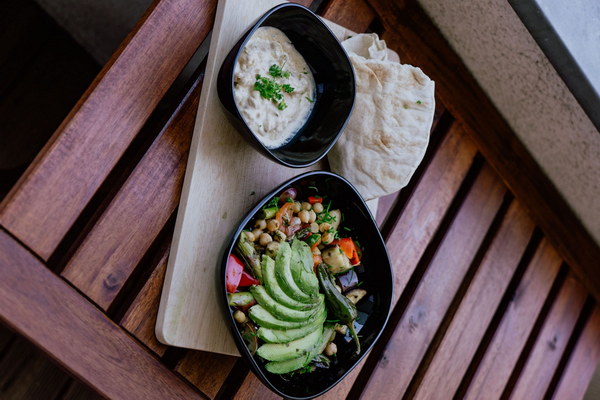Guarding Your Health Essential Tips for Nurturing Your Body During Gastric Pain
Gastric pain can be a disruptive and uncomfortable experience, often signaling an underlying issue within the digestive system. Whether it's due to stress, dietary choices, or a more serious condition, taking care of your body during periods of gastric pain is crucial for both immediate relief and long-term health. Here are some essential tips to help you nurture your body and manage gastric pain effectively.
1. Identify and Avoid Triggers
The first step in managing gastric pain is to identify what triggers your discomfort. Common triggers include spicy foods, alcohol, caffeine, and excessive acidity. Keep a food diary to track what you eat and how it affects your stomach. Once you've identified your triggers, make a conscious effort to avoid them.
2. Eat Small, Frequent Meals
Large meals can overwork your stomach and exacerbate pain. Instead, opt for smaller, more frequent meals throughout the day. This helps to keep your stomach acid levels balanced and can prevent discomfort.
3. Choose Gentle Foods
During episodes of gastric pain, it's best to stick to bland, easily digestible foods. Think plain rice, bananas, applesauce, and toast (the BRAT diet). These foods are gentle on the stomach and can help reduce inflammation.
4. Stay Hydrated
Drinking plenty of water is important for overall health and can help to dilute stomach acid. However, it's best to avoid cold drinks during episodes of pain, as they can cause stomach cramps. Warm water or herbal teas can be soothing alternatives.
5. Manage Stress
Stress can be a significant contributor to gastric pain. Techniques such as deep breathing, meditation, and gentle exercise can help manage stress levels and reduce the frequency and intensity of pain episodes.
6. Consider Probiotics

Probiotics are beneficial bacteria that can help maintain a healthy balance of gut flora. Foods rich in probiotics include yogurt, kefir, sauerkraut, and kimchi. If you're unable to get enough probiotics from your diet, consider a probiotic supplement.
7. Practice Mindful Eating
Mindful eating involves paying close attention to the taste, texture, and smell of your food, as well as how your body feels before, during, and after meals. This can help you become more aware of your eating habits and may reduce the likelihood of overeating or eating foods that trigger gastric pain.
8. Get Adequate Rest
Adequate sleep is vital for overall health and can help manage symptoms of gastric pain. Ensure you're getting enough restful sleep each night, and consider relaxation techniques to improve sleep quality.
9. Seek Medical Advice
If your gastric pain is persistent, severe, or accompanied by other symptoms such as weight loss, difficulty swallowing, or blood in your stool, it's important to seek medical advice. A healthcare professional can help determine the cause of your pain and recommend appropriate treatment.
10. Maintain a Healthy Lifestyle
Incorporating regular exercise, avoiding smoking and excessive alcohol consumption, and maintaining a balanced diet can all contribute to a healthier digestive system and reduce the likelihood of gastric pain.
By following these tips, you can help nurture your body and alleviate the discomfort of gastric pain. Remember, while these suggestions can provide relief and improve your overall well-being, they should not replace professional medical advice. Always consult with a healthcare provider for personalized guidance and treatment.









